We save on heating: modern classical and alternative systems
The inhabitants of city apartments do not have the opportunity to change the heating system of the premises, therefore they are forced to pay utility bills according to the tariffs determined by the state bodies. But owners of private houses and cottages can choose the most economical heating, especially since there are a lot of technologies to reduce costs. Instructions on how to keep your family budget in the winter are outlined below.
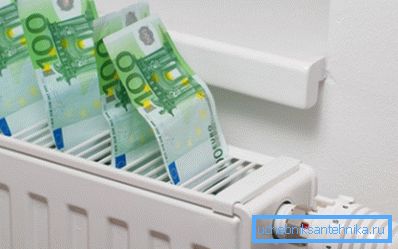
Modern climate systems
Classic
To provide the house with heat, according to the law of conservation of energy, it is necessary to burn a certain amount of any fuel.
Before starting the discussion on how to save on heating, let us familiarize yourself with the existing types of energy carriers:
- Electricity. Given the tariffs for electricity, this kind of "fuel" can hardly be called economical. In addition, modern power lines are often not designed to transport several kilowatts of energy per hour, so they can simply melt.
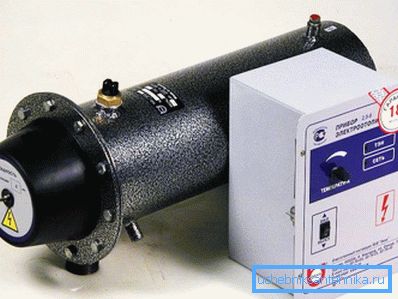
Saving on heating when using electrical equipment can only be achieved if several different heaters are used. For example, heating of premises performs gas or diesel boiler, and the electrode or induction only supports a comfortable microclimate.
- Gas (trunk or liquefied). Economic heating is enough: analyzing the energy market, it should be noted that the price of gas is one of the lowest. But this method of heating has two significant drawbacks:
- for its arrangement it is necessary that the central gas pipeline be connected to the land plot where your house stands;
- it is forbidden to install a gas boiler with your own hands - it is necessary to obtain special permits, and then to entrust all to specialists who have permission to perform this kind of work.
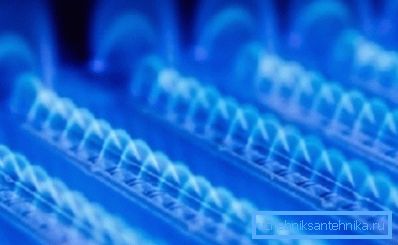
Nevertheless, if these two conditions are met, it is possible to organize almost the most economical heating with the help of gas boilers.
- Fuel briquettes and coal. Outdated methods of heating rooms. For obvious reasons, these are not the most economical heating systems and they are used only in cases when it is not possible to install newer boilers or to ensure uninterrupted supply of diesel fuel.
- Oil heaters. The advantage of such a system is that such climatic equipment does not require human control (as opposed to the systems discussed in the previous paragraph).
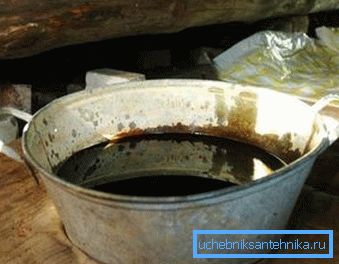
However, the cost of diesel fuel is also quite high, because heating savings can only be achieved if, in addition to the heater, to purchase nozzles that run on used engine oil.
Tip! With the help of such equipment, it is possible to organize economical heating of the production premises, since it is in factories in factories that there are often large reserves of already used mineral oils that can be used for space heating.
- Wood heaters. Also not super economical heating. Wood can be used as fuel for fireplaces with a closed combustion chamber, equipped with special systems that distribute warm air or water to other areas of the house. Fireplace on the wood is entirely suitable for heating a small cottage or cottage, not intended for year-round living of people. Its advantage in low inertia - within a few minutes after the ignition of the firebox in the rooms becomes warmer.
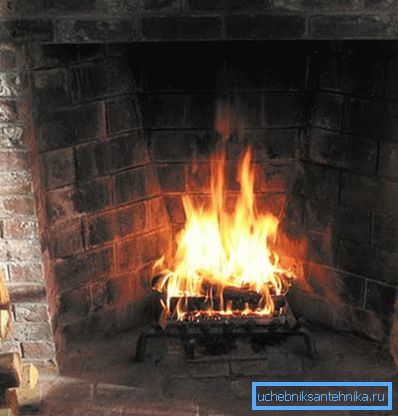
Alternate
Now consider the less popular, but more promising heating systems - economical and not very.
These include:
- Plinth heating. Special radiators are used, which are stacked instead of baseboards. Connect to the mains. Plinth heaters are filled with heat-transfer fluid, the temperature of which is increased by means of tubular electric heaters.
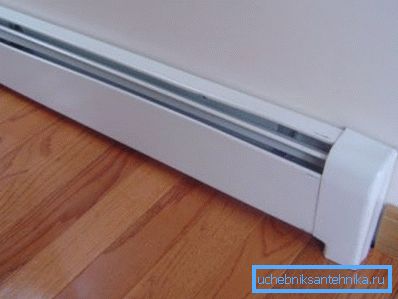
The described system allows more economical use of energy. Due to the fact that it is not the air itself that is to be heated (as in convectors), but the objects in the room (using the emitted wave radiation), the costs are reduced by a third compared with traditional electric heaters or boilers.
- Infrared panels or films. They also help to create a comfortable microclimate and not to go broke on paying utility bills. The advantage of such a system is that its use saves you from the need to install a central boiler, pipes and radiators.

It is enough to stick special films under the ceiling or install radiators. Compared with classical systems, the savings amount to 60%.
- Air heating systems. Not the best option in terms of savings, but also worthy of mention. To organize an air heating system, gas heat guns and air ducts are used, through which warm air is distributed throughout the premises. Features of this method of heating are as follows:
- only a small house can be heated, otherwise you will encounter an unreasonably large consumption of main or liquefied gas;
- during the circulation of air masses a large amount of dust rises, which requires the use of special filters;
- You can use not gas to heat the air, but electricity - this is a little more expensive, but you still spend less than installing an electric boiler.
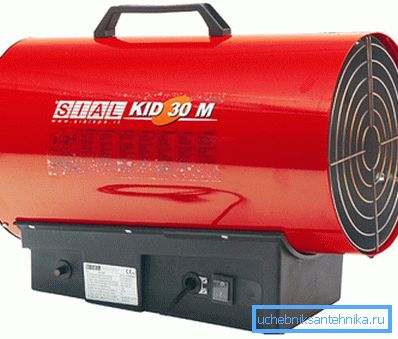
- Solar panels or heat collectors. This method is suitable for those who live in the southern regions of our country and are not deprived of sunlight. In addition to heating, the sun can be a source of unlimited amounts of hot water. Moreover, this inexhaustible source of energy will help you to cope with interruptions in the supply of electricity. To do this, it is only necessary to mount photoelectric converters together with the solar collector. The disadvantage here is one - the high cost of equipment and the need to install a large number of panels (you need to have the appropriate area of the roof or land).
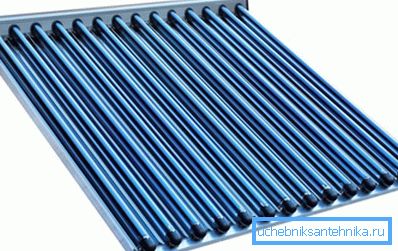
Note! Speaking about how to make the most economical heating systems, we should speak not only about the cost of their operation, but also about capital costs, as well as their payback time. So, quite effective and economical heat pumps, not considered in this article, require very large capital investments, which will return only after 30-40 years. Few residents of our country are ready for it.
Additional measures to help save
In addition to using economical heating systems, it is recommended to carry out the following measures that reduce unproductive heat losses from the dwelling:
- Insulate your own cottage, install more energy efficient window units.
- Mount and connect electronic systems that change the mode of operation of the climate network depending on external conditions (for example, ambient temperature, humidity, time of day, and so on).
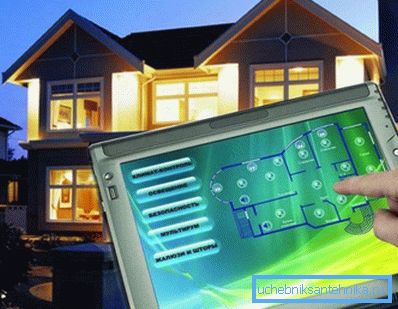
- Buy energy-saving equipment. For example, condensing gas boilers use energy more efficiently, pyrolysis boilers burn wood two times, and oil-fuel boilers, as already mentioned, can be converted to the use of used engine oil.
Conclusion
It is impossible to unequivocally answer the question what kind of heating is more economical. This is influenced by many factors, ranging from the presence of gas on the street, to the climatic zone where the house is located. You can find out how to choose the right system for you from the video below.